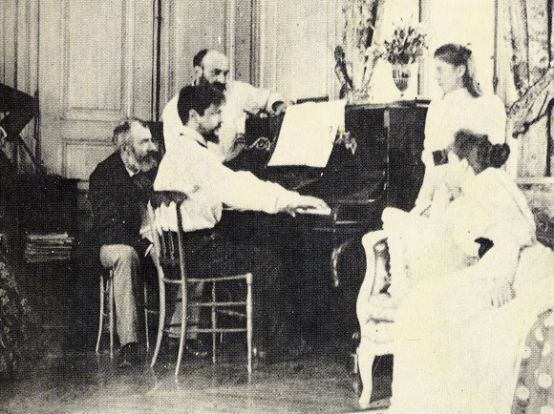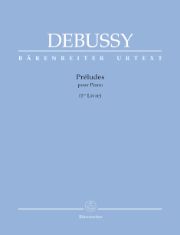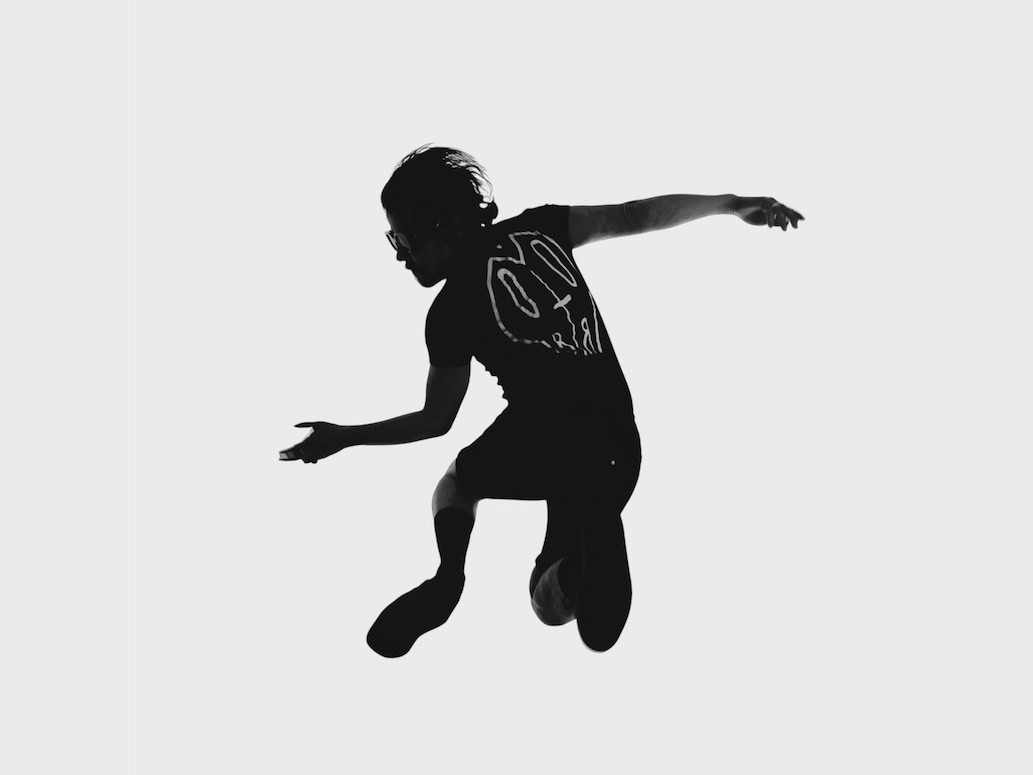Controversial fingerings
The first volume of Debussy's "Préludes" in a new edition by Bärenreiter.

The Bärenreiter publishing house is undoubtedly a productive one. In fact, in this case we should even speak of several houses: Kassel, Basel, London, New York and Prague are the names of the various locations. In the field of piano music in particular, the number of new publications in recent years has been almost unmissable: a lot of standard repertoire, but also less frequently played works (Fauré) or even rarities (all of Vierne's piano works). Four-handed pieces are not neglected either. For example, a wonderful version of the Moldova published by Smetana's own hand (BA 9549).
With such a varied and rich production, it is not surprising that the demands and results are not always equally convincing. The new edition of Debussy's first volume of the Preludes The comprehensive Critical Commentary is nothing to criticize either, and the detailed comments on the individual pieces and the interpretation by Thomas Kabisch are all well worth reading.
Martin Widmaier's "Notes on fingering" and his "12 fingering studies", which are intended to address specific problems of the respective preludes, are also very welcome. Unfortunately, this does not apply to the actual fingerings. They are often unnecessarily complicated - despite all tolerance for the different and unfamiliar - and sometimes even absurd. Just take a look at the beginning of Voiles or La fille aux cheveux de lin on. Very often Widmaier seems to distrust Debussy's pianistic instinct for sound and distributes the chords quite differently between the two hands, with the result that everything is simply more awkward to grasp. Above all, however, this produces a completely different sound than the composer intended. This is particularly true of the interventions in La Cathédrale engloutie (bar 84 and similar!).
Perhaps one should have followed Debussy himself in this context, who in his own Etudes had deliberately dispensed with fingering indications. He was convinced that it was much better to look for fingerings himself. Alors: "Cherchons nos doigtés!"
Claude Debussy, Préludes pour Piano (1er livre), Urtext edited by Thomas Kabisch, BA 10818, € 17.95, Bärenreiter, Kassel 2014









